Coal mine plan quashed by High Court
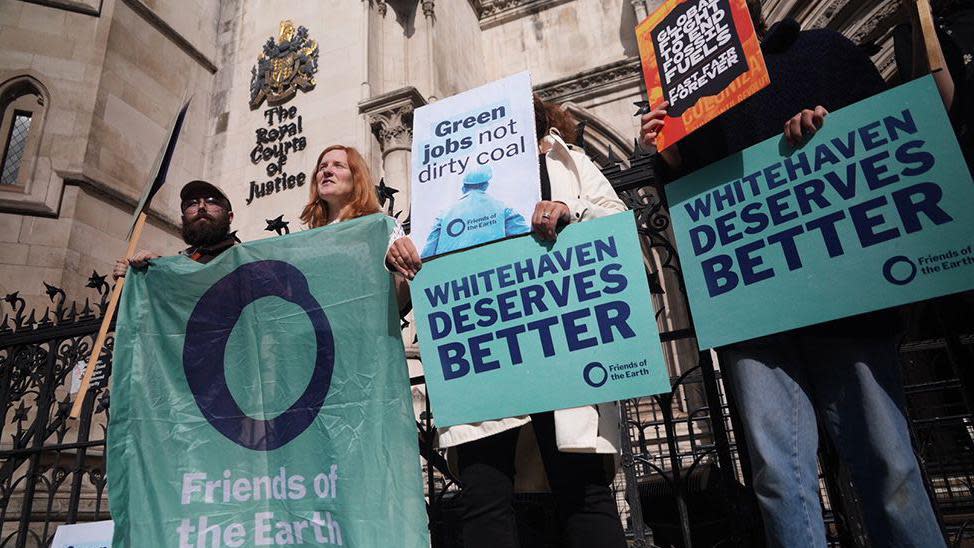
Plans to build the UK's first deep coal mine in more than 30 years have been quashed.
Two campaign groups had brought legal action over the previous government's decision to grant planning permission for the site near Whitehaven in Cumbria.
At the High Court, judge Justice Holgate said the assumption the mine would not increase greenhouse gas emissions was "legally flawed".
Victoria Marsom from Friends of the Earth (FOTE) said campaigners had won "a massive victory". West Cumbria Mining (WCM) said it would "consider the implications" of the judgement before commenting further.
Challenges to the decision to approve the mine in 2022 were submitted by FOTE and South Lakes Action on Climate Change (SLACC).
They claimed the government did not take into consideration the environmental impact of burning the coal extracted and focused only on running the facility.
Lawyers for WCM said there had been "repeated mischaracterisation" of the plans and the development would have a "broadly neutral effect on the global release of greenhouse gas".
In his judgement, Mr Justice Holgate said: "The assumption that the proposed mine would not produce a net increase in greenhouse gas emissions, or would be a net zero mine, is legally flawed."
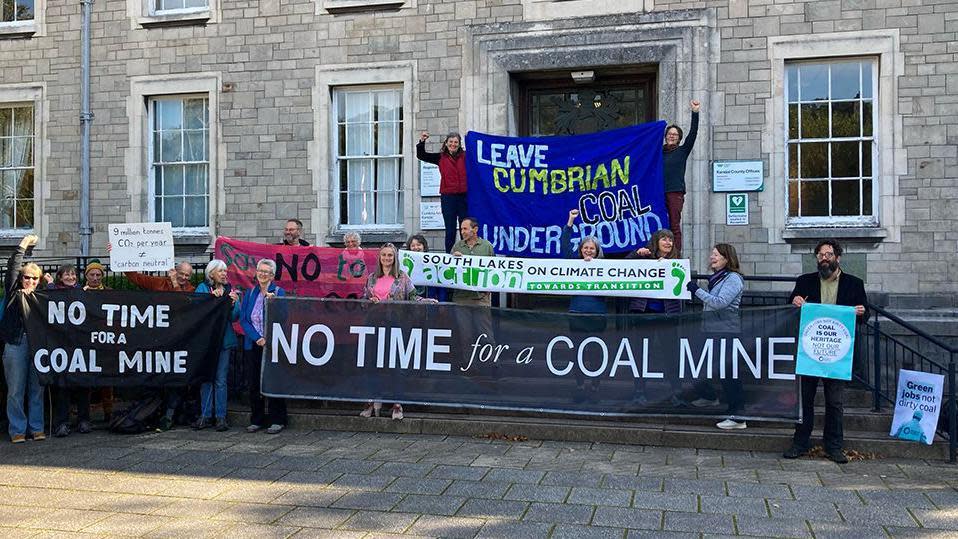
Duncan Pollard, a trustee at SLACC, said the ruling was a "huge relief", adding: "We sincerely hope that any re-examination of the coal mine proposal considers all relevant issues and this ill-conceived idea is permanently shelved.
"Central and local government need to concentrate on secure and sustainable jobs for west Cumbria."
Professor in energy and climate governance at the University of Lancaster, Rebecca Willis, said she hoped the decision would "set an example to other countries and show how you can get your national law in line with the climate science".
She said: "Surely the writing's on the wall?
"Surely we've realised, through today's judgement, that there's no way you can open a new mine and keep within climate targets."
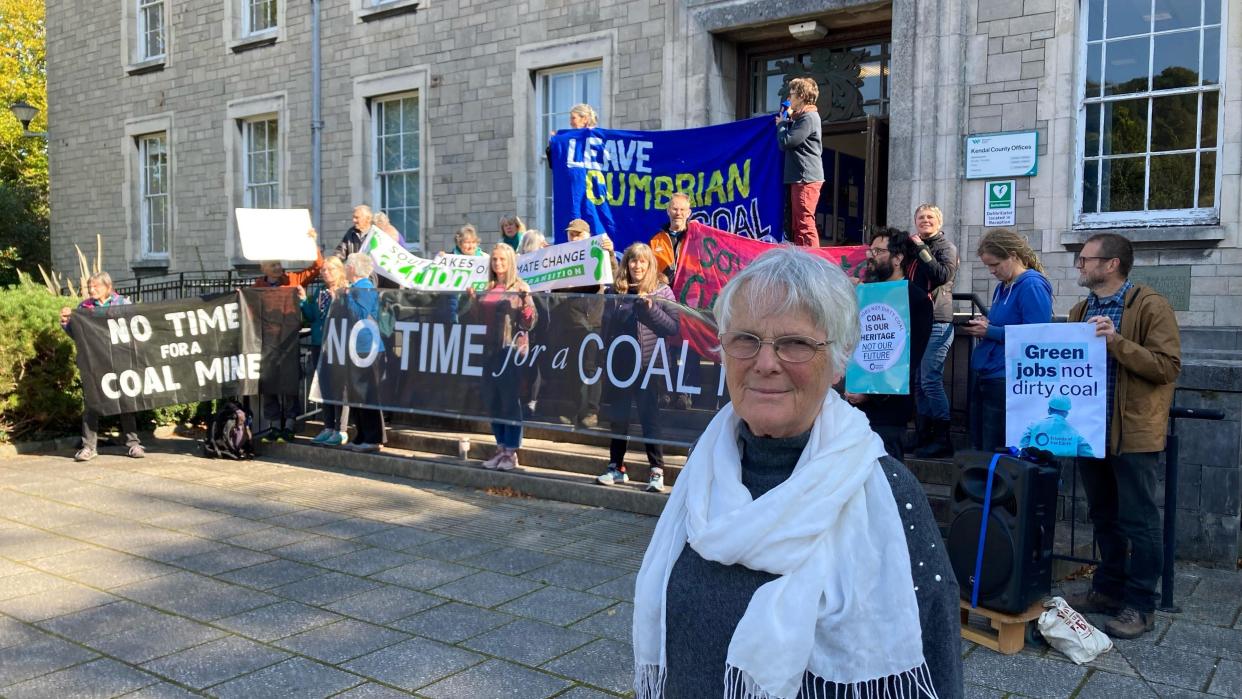
Meanwhile senior FOTE lawyer Niall Toru said the mine "should never have been given permission in the first place".
"The case against it is overwhelming: it would have huge climate impacts, its coal isn't needed and it harms the UK's international reputation on climate," he said.
Mr Toru claimed Friday's ruling could have international ramifications.
"There are cases abroad where challenges are being made against fossil fuel projects on a very similar basis," he said.
This was echoed by Maggie Mason, from SLACC, who said: "This ground-breaking judgement could advance the global phase-out of fossil fuels. It is that big.
"Mr Justice Holgate has forensically destroyed their net zero, climate-neutral coal mine claims."
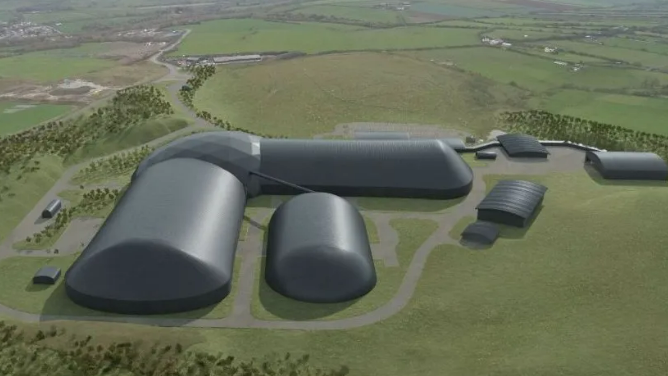
At a hearing in July, the newly elected Labour government decided not to defend its predecessor's decision to grant permission for the project, citing "an error in law".
But WCM fought its case, arguing it could build a "unique" net zero mine.
The court heard the mine would extract what is known as metallurgical coal, which is used in steel-making.
In written submissions, Paul Brown KC, for FOTE, argued there is "no significant need for the coal" in the UK given statements from British Steel and Tata over their moves to electric arc furnaces.
Friday's High Court judgement said a recent decision regarding the Horse Hill oil well in Surrey lay "at the heart of these proceedings".
In June, the Supreme Court ruled granting permission for that project had been unlawful because the local authority should have considered the emissions from burning the oil, not just the impact of constructing the well.
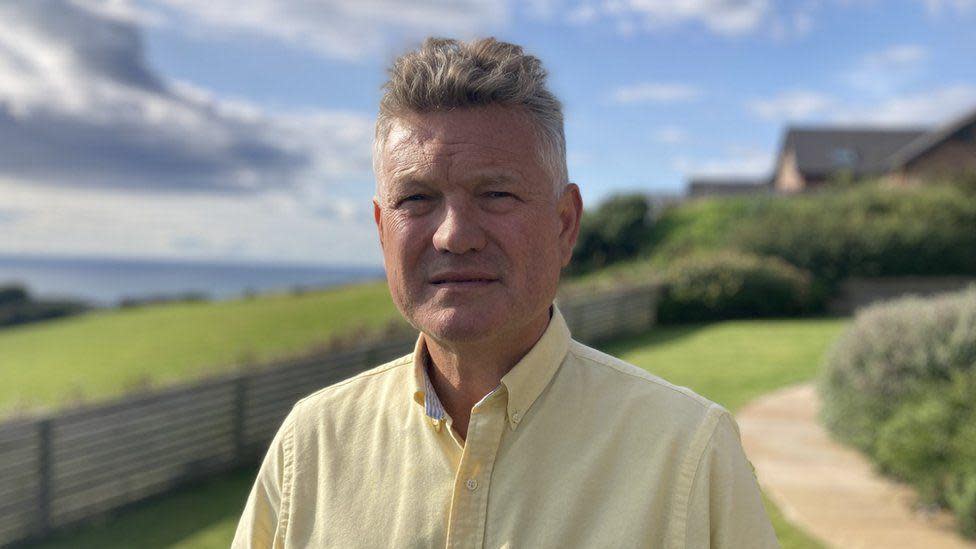
Supporters of the Whitehaven mine had argued it would bring economic and security benefits.
Former Conservative mayor of Copeland, Mike Starkie, said the decision was "devastating" as the mine "would have brought prosperity and opportunity".
"West Cumbria was due to get a massive boost to its local economy," he continued. "It was going to bring 500 direct jobs. There were going to be opportunities to upgrade the rail line, which could then potentially attract other industries into the area.
"And with a government telling you it's got no money and it's scaling back on capital projects, the reality for west Cumbria is we're going to be completely left in the cold."
Reacting to the High Court judgement, former Conservative MP for Workington Mark Jenkinson said the project would have created "well paid jobs" and "huge opportunities for the local supply chain".
In a social media post, he claimed: "If we don't mine coking coal here - which is required for our steel industry, among others, for the foreseeable future - then we import it from countries like Russia."
Tessa Khan from the environmental group Uplift, which is taking part in a legal challenge against the previous government's granting of new North Sea oil and gas licences, called such claims "poorly evidenced".
She said: "The court has made it clear that the favourite line of fossil fuel companies - that if we didn't produce fossil fuels here, it would simply be produced elsewhere - doesn't wash."
Follow BBC Cumbria on X, Facebook, Nextdoor and Instagram. Send your story ideas to northeastandcumbria@bbc.co.uk.






